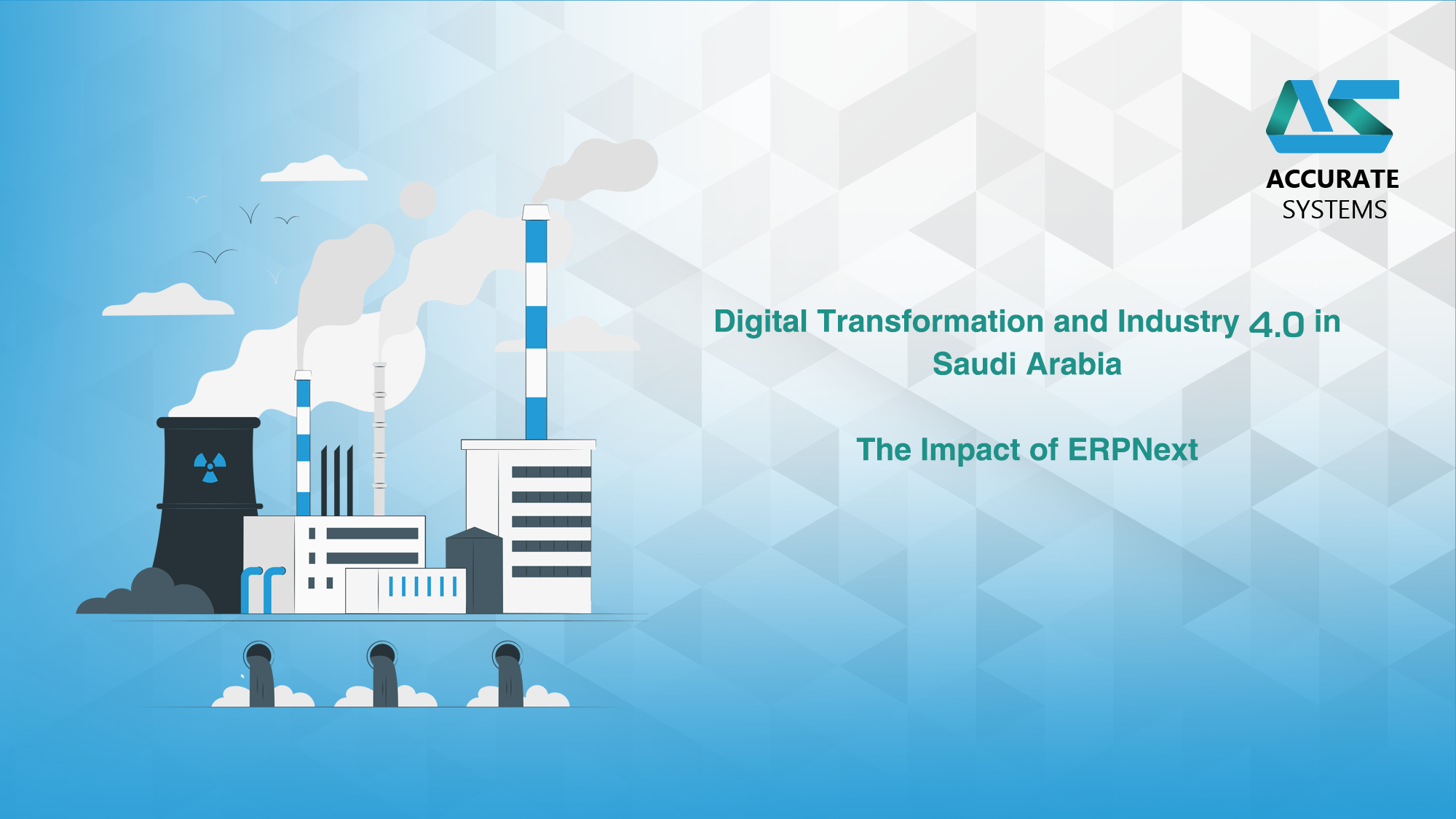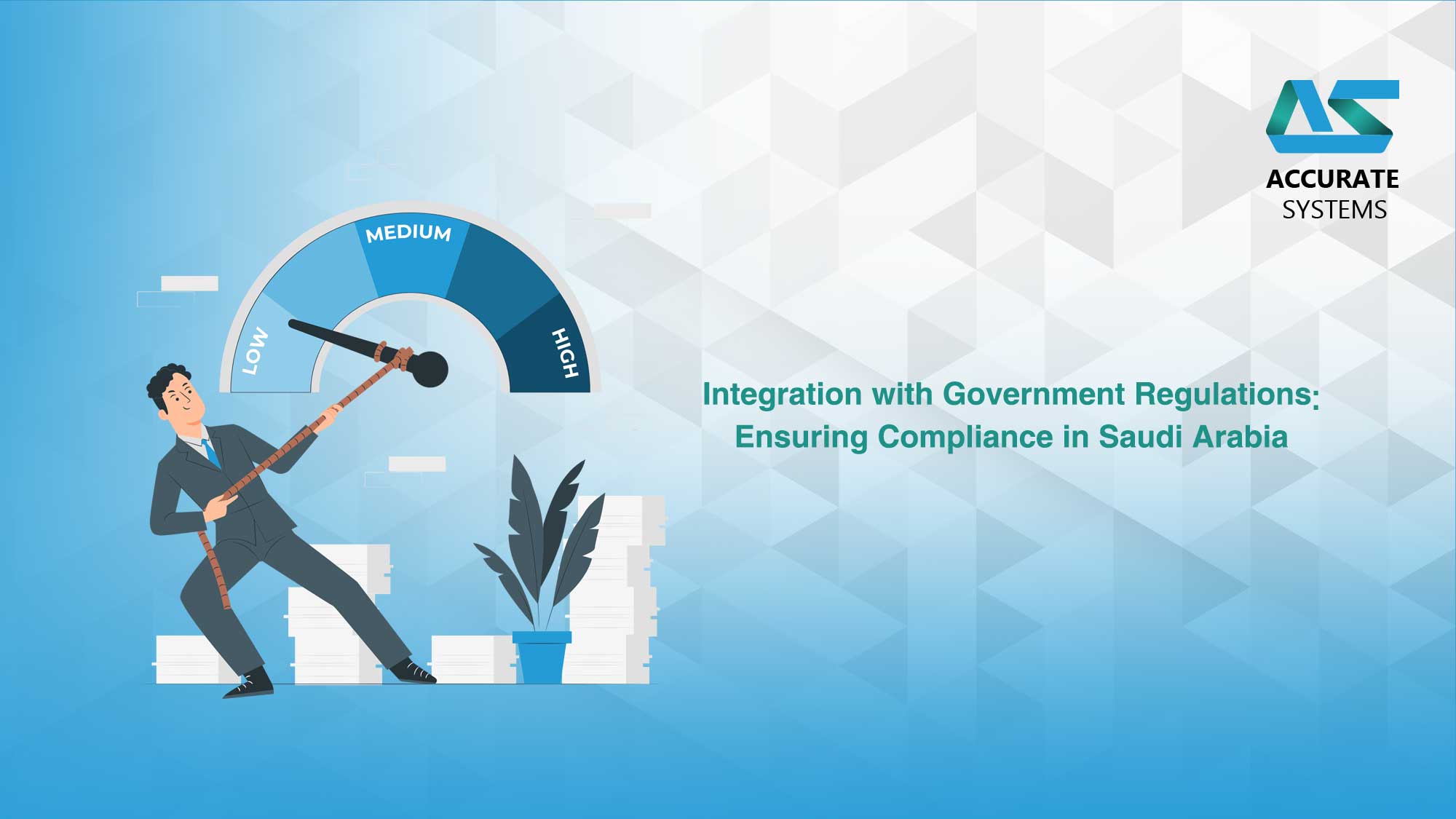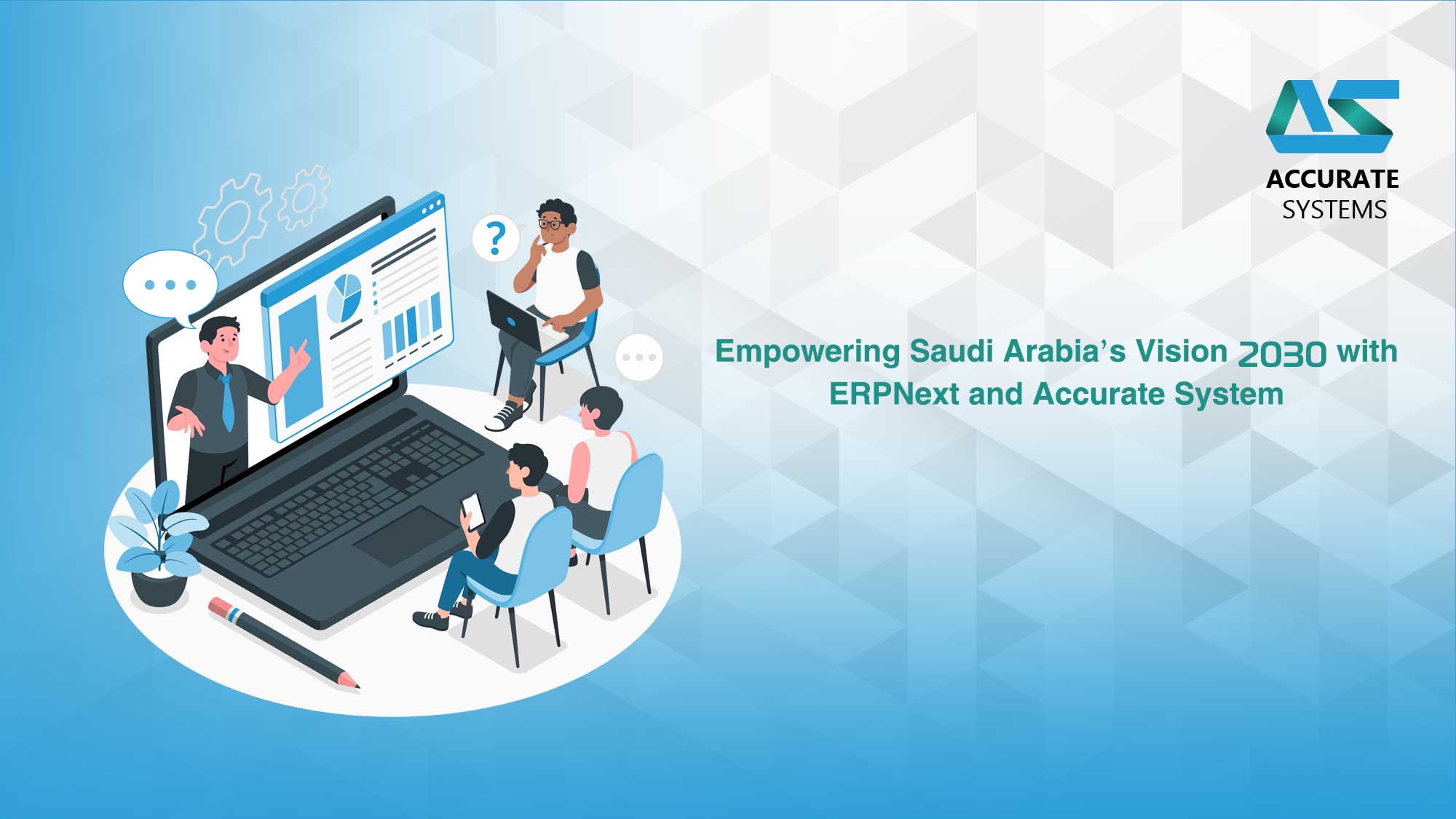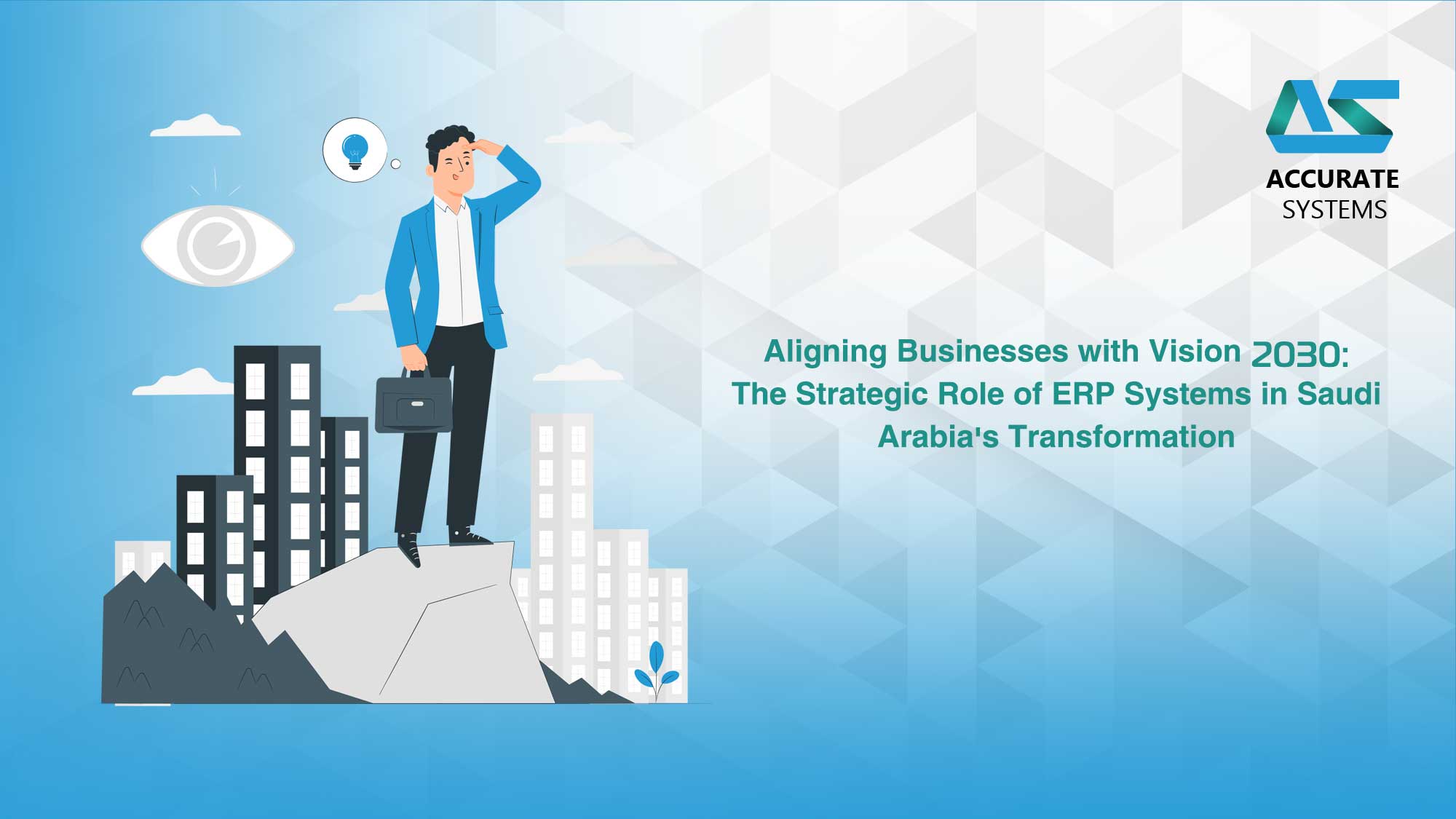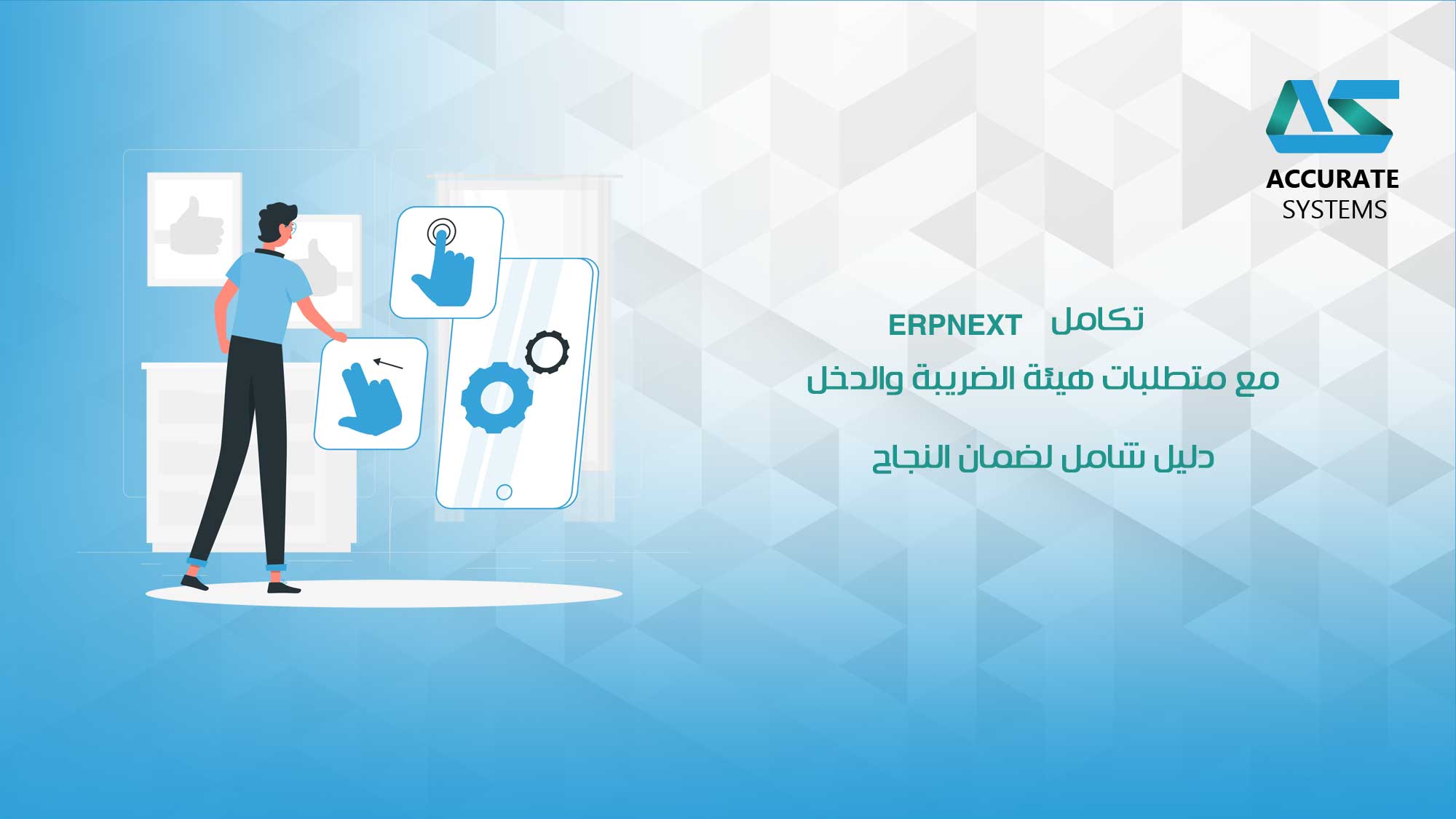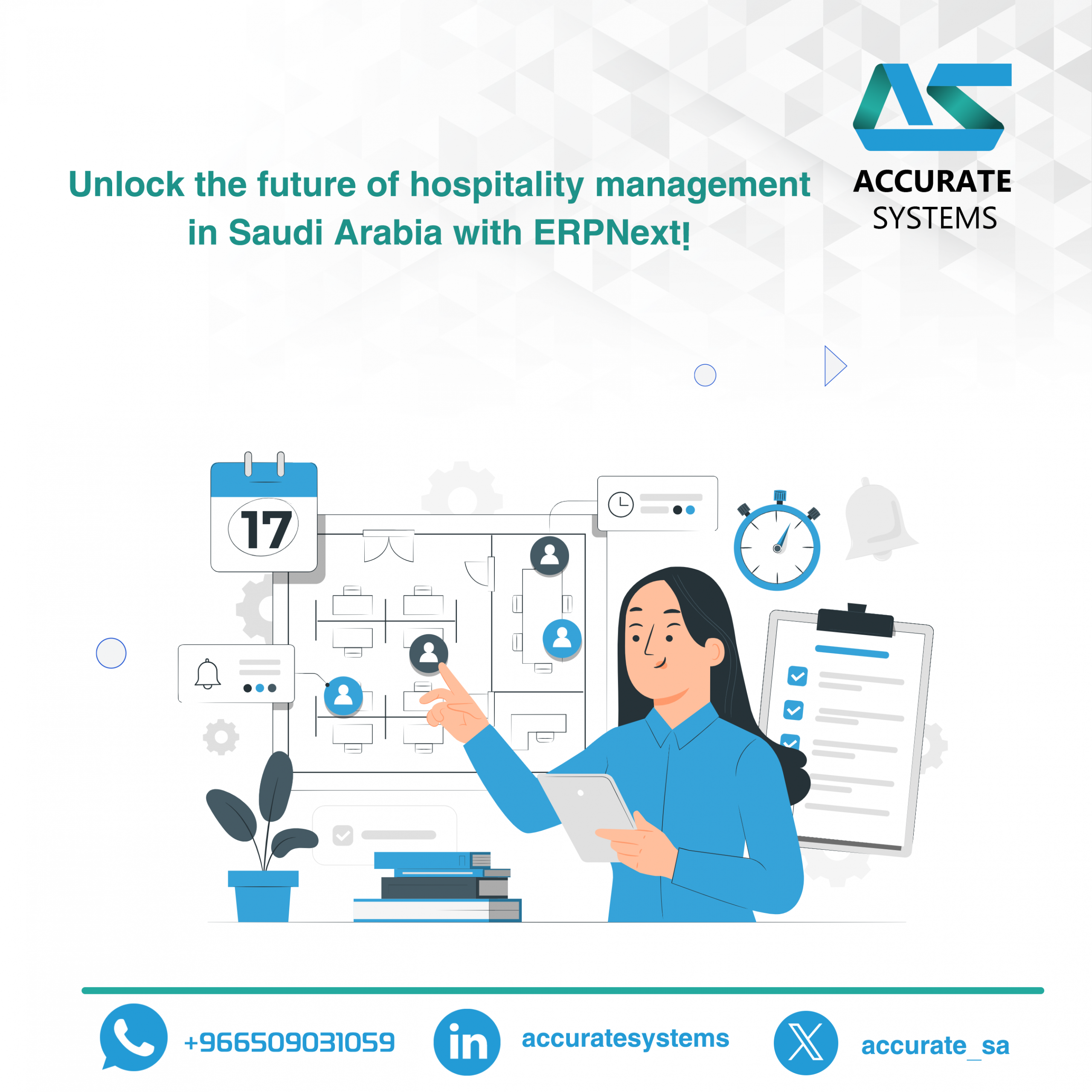Saudi Arabia, a leading economic force in the Middle East, is undergoing a comprehensive digital transformation as part of its ambitious Vision 2030 plan. This strategic initiative aims to diversify the nation’s economy and reduce its reliance on oil. A significant element of this vision is embracing Industry 4.0 technologies to revolutionize industrial processes through automation, data analytics, and connectivity. Let’s explore how Industry 4.0 is reshaping Saudi Arabia and the vital role of ERPNext in this evolution.
What is Industry 4.0?
Industry 4.0, also known as the Fourth Industrial Revolution, merges physical and digital technologies to transform industries. The core technologies of Industry 4.0 include:
- Internet of Things (IoT): Connecting physical devices to the internet, allowing for real-time monitoring and data collection.
- Artificial Intelligence (AI): Using intelligent systems for learning, reasoning, and problem-solving to enhance decision-making.
- Robotics: Employing autonomous robots in tasks like manufacturing, assembly, and logistics to increase efficiency.
- 3D Printing: Enabling rapid prototyping and custom production by creating physical objects from digital models.
- Cloud Computing: Providing scalable and flexible IT infrastructure by storing and processing data in the cloud.
Industry 4.0 in Saudi Arabia: A Vision for the Future
Saudi Arabia is keen to leverage Industry 4.0 technologies to drive economic growth, create jobs, and enhance global competitiveness. The government has launched several initiatives to support this transformation, such as:
- National Industrial Development and Logistics Program (NIDLP): This program aims to revolutionize the industrial sector and foster innovation.
- Saudi Vision 2030: A long-term plan focusing on technology and innovation to diversify the economy.
- Digital Transformation Authority: Established to ensure the successful implementation of digital initiatives in both public and private sectors.
The Role of ERPNext in Driving Industry 4.0 in Saudi Arabia
ERP systems are essential for successful digital transformation, and ERPNext, an open-source ERP solution, is particularly well-suited for organizations in Saudi Arabia due to its flexibility, affordability, and scalability. Here’s how ERPNext supports Industry 4.0 initiatives:
1. Data Integration and Analytics
ERPNext integrates data from IoT devices, sensors, and manufacturing machines, enabling businesses to gather and analyze information. This allows for better decision-making, identification of trends, and process optimization.
2. Automation
ERPNext helps automate various business functions like procurement, inventory management, and production planning, minimizing manual efforts and improving efficiency.
3. Supply Chain Management
ERPNext enhances supply chain management, ensuring seamless delivery of materials and products, reducing costs, and optimizing processes for manufacturers.
4. Manufacturing Execution Systems (MES) Integration
ERPNext can be integrated with Manufacturing Execution Systems (MES) to provide real-time visibility into production processes, helping businesses track performance metrics and optimize productivity.
5. Customization and Flexibility
ERPNext is highly customizable, allowing businesses to tailor the system according to their specific requirements. This adaptability makes ERPNext a powerful tool for organizations aiming to leverage Industry 4.0 technologies.
Challenges and Opportunities for Industry 4.0 in Saudi Arabia
Despite significant progress in adopting Industry 4.0 technologies, Saudi Arabia faces a few challenges:
- Talent Shortage: There is a gap in skilled professionals with expertise in digital technologies and Industry 4.0 tools.
- Infrastructure Needs: Investments in infrastructure, such as broadband connectivity and data centers, are crucial for supporting these technologies.
- Cybersecurity Risks: Protecting sensitive data and systems from cyber threats remains a priority.
However, these challenges also present opportunities. By investing in digital talent, enhancing infrastructure, and implementing advanced cybersecurity measures, Saudi Arabia can fully harness the potential of Industry 4.0. ERPNext offers a strategic advantage for businesses looking to adopt these advanced technologies, streamline operations, and enhance their competitive edge.
Conclusion: ERPNext as a Catalyst for Industry 4.0 in Saudi Arabia
Saudi Arabia’s focus on digital transformation and Industry 4.0, driven by Vision 2030, is creating new opportunities for businesses. With ERPNext as a pivotal enabler of these initiatives, companies can benefit from data-driven insights, automation, and enhanced supply chain management. This transformation will not only drive economic diversification but also establish Saudi Arabia as a leader in technology and innovation.

